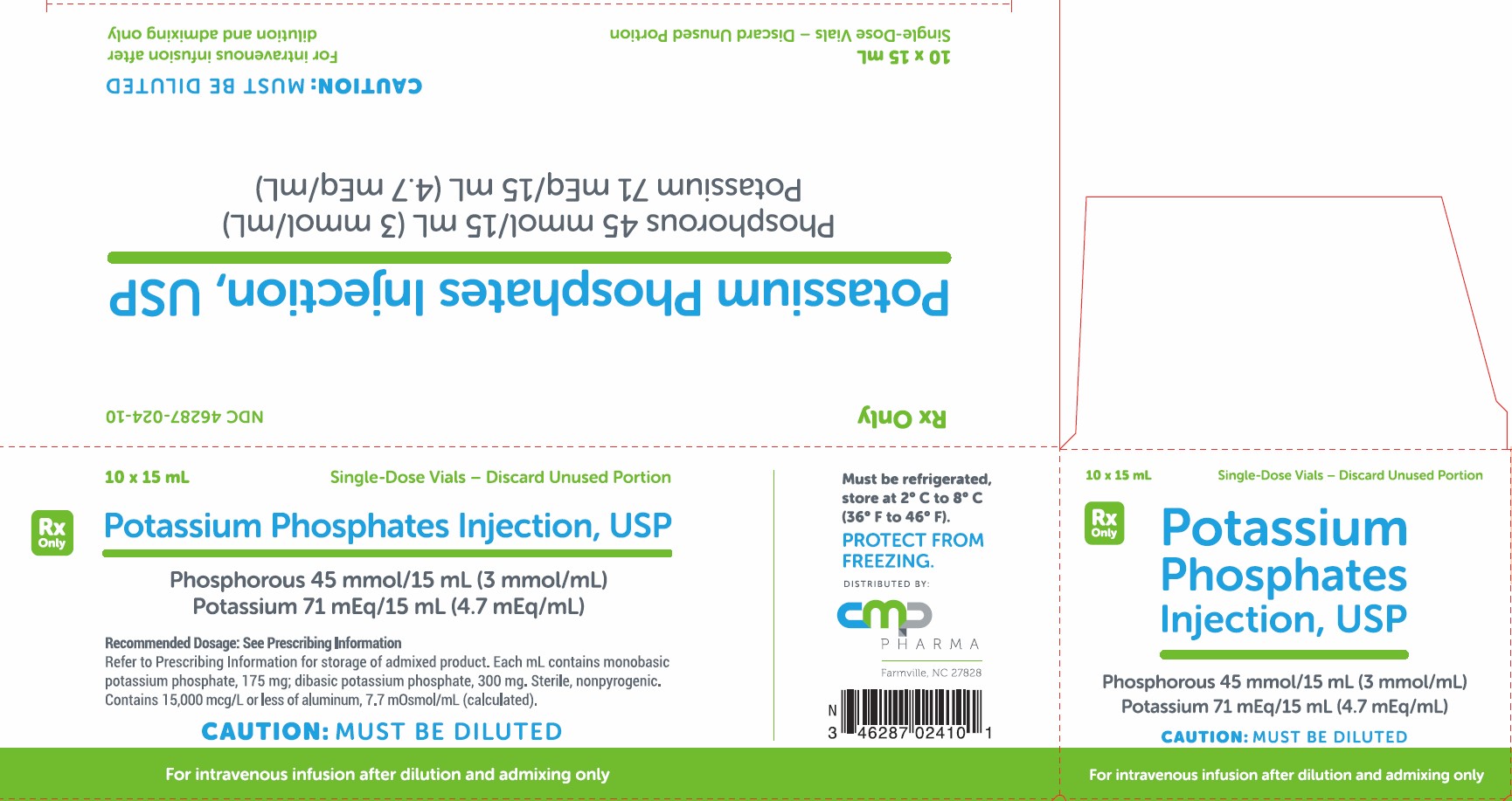Potassium Phosphates | Monobasic Potassium Phosphate And Dibasic Potassium Phosphate Injection while Breastfeeding

What is Potassium Phosphates | Monobasic Potassium Phosphate And Dibasic Potassium Phosphate Injection ?
Can I use Potassium Phosphates | Monobasic Potassium Phosphate And Dibasic Potassium Phosphate Injection while breastfeeding?

Potassium Phosphates | Monobasic Potassium Phosphate And Dibasic Potassium Phosphate Injection Breastfeeding Analsys
Potassium phosphate, monobasic while Breastfeeding
SafeCAS Number: 7447-40-7
Human milk has a potassium concentration of 13 meq/L, almost a half of rehydration solution content and a quarter of maximal IV recommended dose. Potassium supplementation does not alter milk concentration without increasing mother’s serum concentration, which is strictly limited from 3,5 to 5,5 meq/L.
Potassium phosphate, dibasic while Breastfeeding
SafeCAS Number: 7447-40-7
Human milk has a potassium concentration of 13 meq/L, almost a half of rehydration solution content and a quarter of maximal IV recommended dose. Potassium supplementation does not alter milk concentration without increasing mother’s serum concentration, which is strictly limited from 3,5 to 5,5 meq/L.
I already used Potassium Phosphates | Monobasic Potassium Phosphate And Dibasic Potassium Phosphate Injection and meanwhile I breastfed my baby should I be concerned?
As usage of Potassium Phosphates | Monobasic Potassium Phosphate And Dibasic Potassium Phosphate Injection is mostly safe while breastfeeding hence there should not be any concern. In case of any change in behavior or health of your baby you should inform your health care provider about usage of Potassium Phosphates | Monobasic Potassium Phosphate And Dibasic Potassium Phosphate Injection else no further action is required.
My doctor has prescribed me Potassium Phosphates | Monobasic Potassium Phosphate And Dibasic Potassium Phosphate Injection, what should I do?
Definitely, Potassium Phosphates | Monobasic Potassium Phosphate And Dibasic Potassium Phosphate Injection is safe in lactation for baby. No wonder your doctor has recommended it.
If I am using Potassium Phosphates | Monobasic Potassium Phosphate And Dibasic Potassium Phosphate Injection, will my baby need extra monitoring?
No extra baby monitoring required while mother is using Potassium Phosphates | Monobasic Potassium Phosphate And Dibasic Potassium Phosphate Injection
Who can I talk to if I have questions about usage of Potassium Phosphates | Monobasic Potassium Phosphate And Dibasic Potassium Phosphate Injection in breastfeeding?
US
National Womens Health and Breastfeeding Helpline: 800-994-9662 (TDD 888-220-5446) 9 a.m. and 6 p.m. ET, Monday through Friday
UK
National Breastfeeding Helpline: 0300-100-0212 9.30am to 9.30pm, daily
Association of Breastfeeding Mothers: 0300-330-5453
La Leche League: 0345-120-2918
The Breastfeeding Network supporter line in Bengali and Sylheti: 0300-456-2421
National Childbirth Trust (NCT): 0300-330-0700
Australia
National Breastfeeding Helpline: 1800-686-268 24 hours a day, 7 days a week
Canada
Telehealth Ontario for breastfeeding: 1-866-797-0000 24 hours a day, 7 days a week
